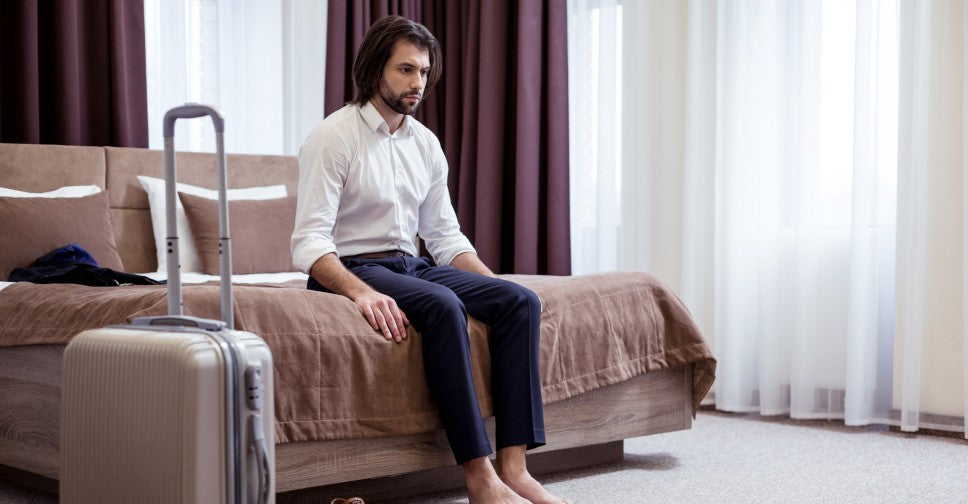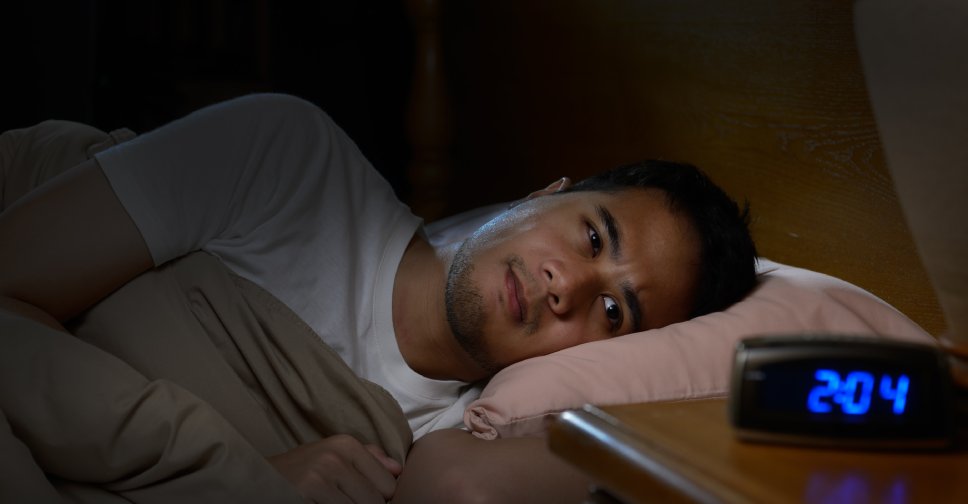
Jet lag is a shape-shifting affliction that debilitates travelers of all ages. It is a familiar and unwelcome side effect of long-distance travel caused by a mismatch between a person’s normal daily rhythms and a new time zone. It is a temporary sleep problem that usually occurs across three or more time zones. This article will clarify what jet lag is and how we can conquer jet lag.
The Biological Mechanisms Underlying Jet Lag
We all know what jet lag is and that travelling is the cause, but what exactly happens to the body? The circadian rhythm – the body’s internal clock – regulates various bodily functions like the sleep-wake cycle, hormone production, and body temperatures. The body’s internal clock is synced to your original time zone and does not change like your mobile phone's time when you travel. The more time zones you cross, the worse jet lag affects a person. According to Dr Michael Sagner, a fellow of the Royal School of Medicine who works with patients who travel often, two major factors influence the internal clock: food intake and sunlight. The sun seems to be the most robust input in the circadian system, and exposure to morning light is the most important to start that rhythm. The normal eating and sleeping pattern is disrupted during travelling across time zones, and the circadian rhythms are suspended to conserve energy. Jet lag appears to worsen with age as the machinery of the circadian clock becomes less robust as we age. New research at MIT also found that jet lag can also be worse when you travel east as the circadian clock will adjust to the destination time by one time per day for an eastward trip and 1.5 time zones per day for a westward trip – indicating that you will recover faster when traveling westward.
Symptoms of Jet Lag

Most travelers have recorded similar symptoms after traveling across time zones. Temporary symptoms usually occur within a day or two after traveling across at least two time zones. It will be worse if you travel further, especially flying east.
Common symptoms include:
- Fatigue and feeling extremely tired.
- Difficulty falling asleep.
- Drowsiness during the day.
- Lack of focus and concentration.
- A general feeling of being "off".
- Mood changes, such as irritability.
- Upset stomach.
Conquering Jet Lag
Travelers can do a few things to lessen the effect of jet lag. People who travel often might be affected more, and it is recommended to see a doctor who can help with the general symptoms and adjustment of the circadian rhythm by prescribing the necessary medication and treatment. Some minor changes can assist before and after traveling, easing the transition to daily life.
-
Adjust light exposure before your trip.
Manipulate your body clock and ease into the new time zone as quickly as possible by controlling your exposure to light and darkness before travel. You can calculate the schedule adjustment that will work best for your trip. An app is also available on your smartphone to make your scheduled adjustment easy to follow.
-
Consider taking melatonin.The hormone melatonin produced in the brain is released only in darkness and signals nighttime behavior – including sleep. Melatonin works better in low doses, so a dose of 0.5 mg of melatonin 13 hours before the time you want to wake up. Higher doses will not help with falling asleep and may cause other problems. According to the abovementioned calculation, it should be taken at the same time before the trip while you are adjusting to exposure to light and darkness. Stop using melatonin the day your flight leaves.
- Stay hydrated and eat healthily.
Drink lots of water before your flight, and avoid coffee and alcohol. Dehydration worsens the effects of jet lag. As mealtimes influence the circadian rhythm, ensure to eat a healthy meal so as not to nibble on junk in between, to confuse your body clock more.
- Avoid long layovers in different time zones.
Long layovers in different time zones can further confuse your internal clock. Layovers with just enough time to change flights are the best, and your body won’t need to adjust to yet another time zone.
- Time of the flight.
Schedule your flight so that your arrival time is close to the time you usually wake up – keeping in mind the adjustment you have made in preparation for the flight. You might have to leave at an odd time, but the arrival time is essential to reduce the effects of jet lag.
- Sleep – the best way to conquer jet lag.
Adjust your sleeping times by “moving” it to the asleep and wake-up time in the new time zone. Start about a week before your travel or according to your adjustment schedule. Adjust your day with fifteen minutes each day.
Don’t start your travel by being sleep-deprived because you spent the night before packing or preparing for the upcoming meetings.
Sleep during the flight – ideally, wake up in the morning when your flight arrives at the destination. Use sleep aids to keep your sleep as peaceful, quiet, and dark as possible.
Some people find a power nap of at most thirty minutes helpful after arrival. But for others, this is a bad idea as it makes them lethargic, and they do not want to get up. See what works for you.
Ensure the best sleeping arrangements at your destination. Not all accommodation is set up for sound sleeping with electronic devices blinking, air-conditioning humming in the background, external noise, or anything you are not used to. Feel free to ask for different rooms or help from the staff to adjust sleeping circumstances to ensure a good night's rest every night of your stay there.
Create a dark and quiet environment with the comfort you deserve. Ask beforehand about the sleeping arrangements in your room at the accommodation. Luxury hotels’ mattresses are often luxurious and comfortable as it is to offer the guest the best sleeping experience. It is because they use the best quality mattresses provided by Dorelan. The best quality Italian mattresses and bedding are used throughout the hospitality industry to offer exquisite rest every night. It is possible to have something similar across time zones – luxury hotel comfort from Dorelan in your home.
Jet lag is not unsurmountable – with minor adjustments and quality bedding.
Happy traveling without serious effects to debilitate your working trip or vacation experiences.

